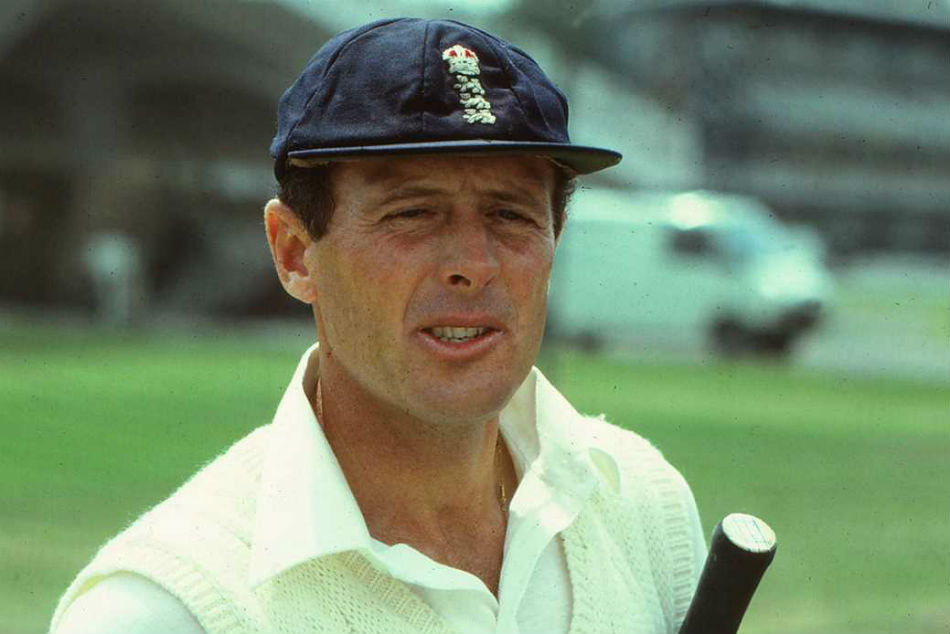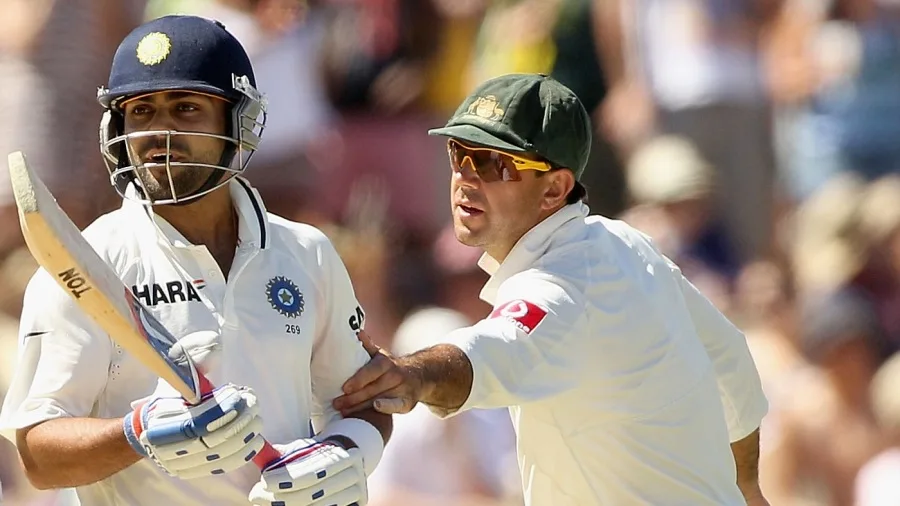Ben Stokes, one of the charismatic allrounder in the world, has announced his retirement from ODI. The England vs South Africa game at Chester-le-Street will be his final ODI and barring any change of heart, we are unlikely to see this brilliant stroke maker in ODIs ever again. It sure is a great loss for the game. Ofcourse, he will still continue to play in T20s and Tests but that is beside the point. The authorities are issued warnings from time to time. Will the authorities wake up after Stokes’s retirement?
Stokes is just 32. Normally, this is the age when cricketers will peak. He still has 5 years of solid cricket left in him. As for his fitness, it never was in any doubt. For someone to retire from one form the game this early, surely something somewhere is not correct.
Ben Stokes’s statement
“After a great deal of thought and deliberation, I am announcing my retirement from international one-day cricket. With the intensity of the international schedule and the increasing demands on my body, approaching 32, I think it is the right time to step aside and let the next generation of players come through. Three formats are just unsustainable for me now. I feel that my body is letting me down because of the schedule and what is expected of us.”
For someone who is supremely fit, he feels that his body is unable to cope with the demands of the schedule. That is actually a dig at the money minded home boards and the ICC. It is not just the BCCI but every board is guilty of scheduling too many meaningless games and thereby making the players toil hard without purpose.
It is likely to create a snowball effect
This will not just be an isolated incident. More and more players will retire from one form of the game so concentrate on the other formats. It is more likely to be ODI which is already losing its relevance with more teams preferring T20. Stokes is not the first player to quit ODI nor will he be the last. Few years ago, another high profile cricketer, also from England, Kevin Pietersen, retired from ODI citing the same reasons that Stokes has just revealed. De Villiers and Faf Plessis missed several World Cups because of their reluctance to be involved in every bilateral series.
This mindless schedule has been going on for far too long with England, Australia and India being the major culprits. In the case of Indian players, the schedule is much more tougher. Alongwith an equal number of games played by England and Australian teams, every Indian player will have to undergo a rigorous and dispiriting IPL. Unlike the other teams, Indian players do not have the luxury of skipping IPL. Especially, the top players like Kohli, Rohit, Bumrah cannot even sit out of one game. They are under pressure from the board, the franchise and the team management to play every game. Injury is their only avenue to rest.
What about the spectators?
Nowadays, it is extremely difficult to know who is playing whom or what is the score or who won the game. There are matches going on in every part of the world. An overwhelming majority of the Indians do not really care if India is not involved or one of the bigger teams is not involved. Surely, we do not follow West Indies playing Sri Lanka or Bangladesh playing Ireland. Even New Zealand is an afterthought. In a few weeks time, no one will remember what who played well in the limited overs series against England. It will all be forgotten quickly. Why then is the need to schedule so many no-purpose-met games and why make the playes travel so far just for a handful of games? The T20 series against South Africa just before the team travelled to England is already forgotten.
To make matters worse, there is a World Cup every year. If a team fails to win the World Cup one year, never mind, there is always one around the corner. It makes winning the World Cup a non-event. The pride that comes with winning a World Cup has long disappeared except ofcourse if a team wins for the first time. How else do you explain scheduling one T20 World Cup every 2nd year? In 10 years time, there will be 5 World Cups and teams will not be motivated enough to win. They know very well that there is another one coming up.
Kevin Pietersen’s warning
Pietersen had issued a warning all those years ago by retiring from ODI citing heavy toll on the body by playing in all the formats when he was at his absolute prime. The administrators did not listen. They are unlikely to listen with Stokes’s exit either. All they care about is money. As long as the broadcasters run the game, mental and physical health of the players will never up in the list for the administrators. Having said that, players will ply their trade elsewhere. A significant number of them will likely to skip few games or entire series. It is the spectators who will feel short changed. We will want to see the best players in action and some would have purchased tickets believing so but it is not likely to happen all the time.
Especially, when the stronger teams play the weaker teams, all the marquee players will not be involved. The example of both Rohit and Kohli missing the West Indies series.
Wrapping up will the authorities wake up after Stokes’s retirement?
I am afraid things will not change at all. The administrators will look the other way as long as they are laughing all the way to the bank. A Ben Stokes retiring from one format when he is in his prime will not for a moment make them think. There needs to be clamour for everyone involved to knock some sense onto the administrators and perhaps a whole lot of high profile exits in their prime will help. Until then, things will be more of the same.
Other topics



